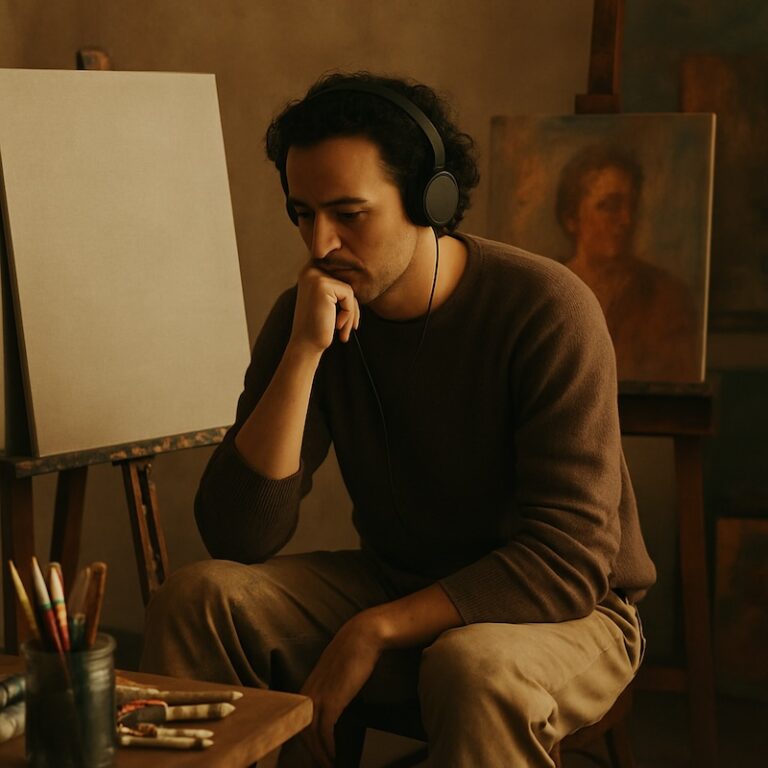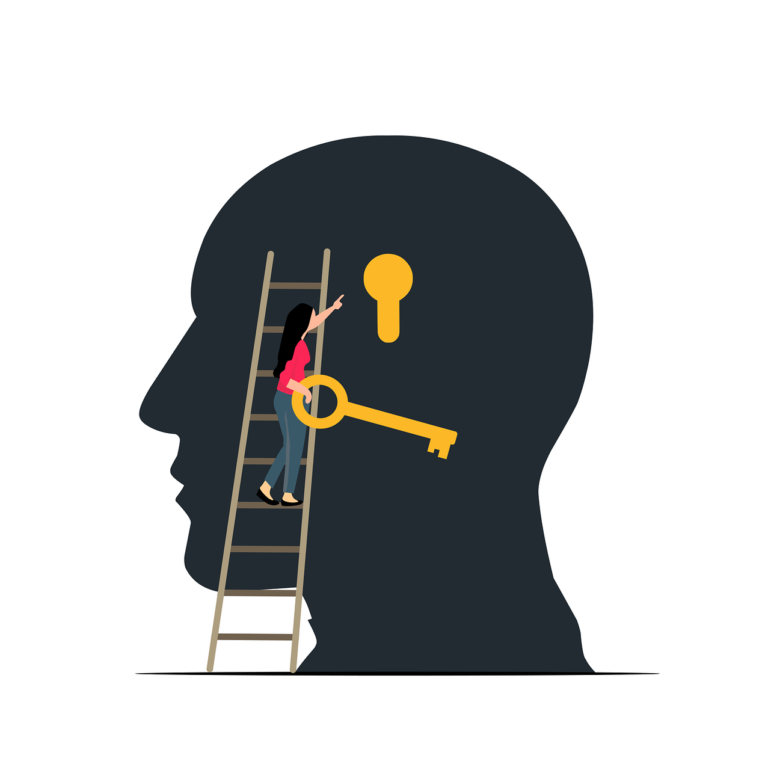[language-switcher]
The world of music is constantly evolving, and the introduction of artificial intelligence (AI) has revolutionized the way musicians and producers create and produce music. AI offers endless possibilities for the music industry, from analyzing and generating music to assisting in live performances.
Here are some ways in which musicians and producers are incorporating AI into their work:
-
AI-Assisted Music Creation
AI-powered music creation tools like Amper Music and AIVA (Artificial Intelligence Virtual Artist) are gaining popularity among musicians and producers. These tools allow artists to generate original music in minutes simply inputting their desired mood or style. AI analyzes the input and produces a unique composition based on the artist’s preferences.
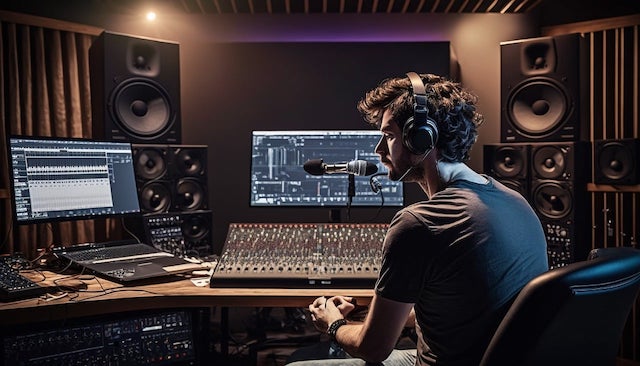
-
Enhancing Music Production
AI can also be used to improve the quality of music production. For example, A.I.-powered mastering tools like LANDR and CloudBounce can analyze and enhance the final mix, adjusting volume levels and adding effects to ensure a polished final product.
-
Live Performance Assistance
AI is also being integrated into live performances to provide musicians with more creative options. Companies like MXX and Zenph Sound Innovations use AI to create interactive performances, allowing artists to improvise and collaborate with a virtual band.
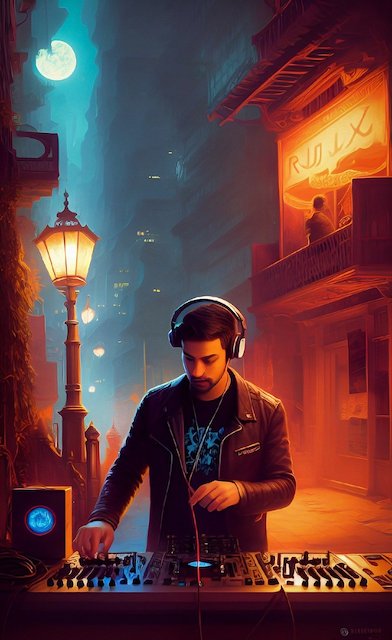
-
Personalized Listening Experiences
Streaming services like Spotify and Pandora use AI to personalize their music recommendations based on a user’s listening history. This technology analyzes a user’s preferences, listening habits, and mood to create custom playlists and suggestions.
However, some musicians and producers remain skeptical about the integration of AI into music creation. They argue that AI-generated music lacks the emotional depth and creativity that comes from human experience and interpretation.

It is true that artificial intelligence will never be able to replace the creativity that comes from the essence and sensitivity of human beings. However, the idea behind merging AI and musicians/producers is to use AI as a tool to enhance creativity and achieve the best possible results for everyone involved.
One way that AI can be used in music production is through the analysis of data. By analyzing data on previous successful music releases, AI can help identify patterns and trends that can be used to create new and innovative music. This can save musicians and producers time and effort providing insights into what is currently popular and what may resonate with audiences in the future.
Additionally, AI can be used to create new sounds and effects that were previously impossible to achieve. By using machine learning algorithms, AI can learn from existing music and create new sounds and effects that can be used in music production. This can lead to the creation of unique and innovative sounds that may not have been possible without the help of AI.
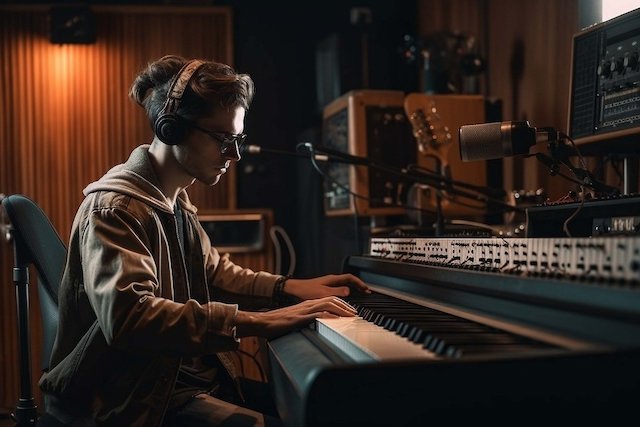
It is important to note that the use of AI in music production is still in its early stages and there are limitations to what it can do. AI can only work with the data that is fed into it, and it cannot replace the intuition and creativity of a human musician or producer. Therefore, it is crucial to view AI as a tool that can be used to enhance creativity and achieve better results, rather than a replacement for human creativity.
love&music

